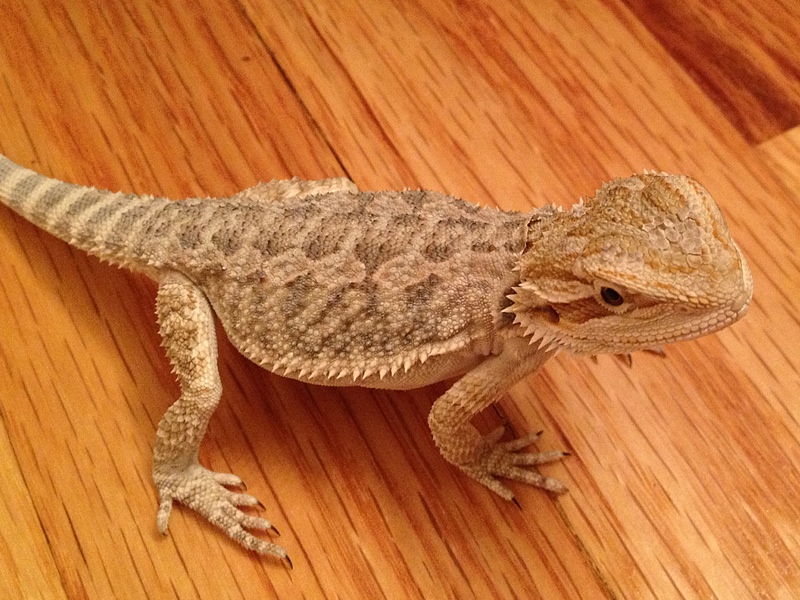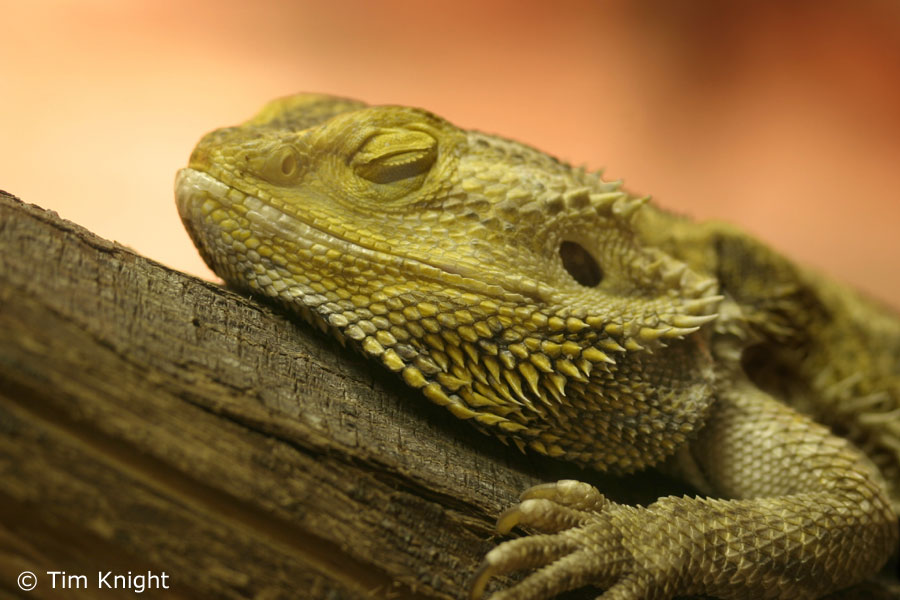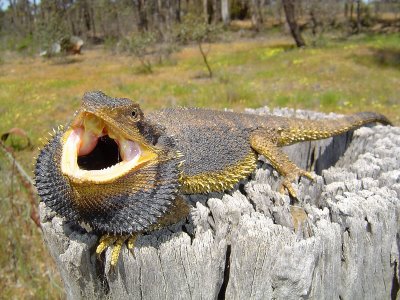How Long Can a Bearded Dragon Go Without UV Light? The Ultimate Guide for Beginners
Introduction
Bearded dragons are wonderful pets, especially for beginners. They are friendly, non-violent, and easy to maintain. However, one thing that you need to keep in mind is that bearded dragons require UVB light for their survival. In this blog post, we will answer the most-asked question about bearded dragons: How long can a bearded dragon go without UV light?
What is UV Light and Why is it Important for Bearded Dragons?
Bearded dragons, like all reptiles, require UVB light to thrive. UVB light is essential for the synthesis of Vitamin D3 in their skin, which is essential for the absorption of calcium from their diet. Without UVB light, bearded dragons can develop metabolic bone disease, which can lead to weak bones, spinal deformities, and eventually, death.
UVB light also helps regulate their internal clock or circadian rhythm, which helps keep their behavior and metabolism in check.
How Long Can a Bearded Dragon Go Without UV Light?
The answer to this question is not straightforward. It depends on various factors such as the age and health of your bearded dragon, the intensity and duration of the UVB light provided, and the quality of their diet.
As a rule of thumb, a healthy adult bearded dragon should not be deprived of UVB light for more than two weeks. After two weeks, they may start to exhibit signs of Vitamin D3 deficiency such as loss of appetite, weight loss, lethargy, and weak bones.
However, young bearded dragons and bearded dragons with pre-existing health conditions require UVB light more frequently. Young bearded dragons need UVB light for their growth and development, and sick bearded dragons need UVB light for their recovery.
What Should You Do If You Can’t Provide UV Light for Your Bearded Dragon?
If you cannot provide UVB light for your bearded dragon, you should consider alternative sources of Vitamin D3 such as supplements. Vitamin D3 supplements can be in the form of oral drops, liquid supplements, or powdered supplements. You should consult with your veterinarian before giving any supplements to your bearded dragon.
Conclusion
In conclusion, bearded dragons require UVB light to survive and thrive. As a responsible pet owner, you should provide your bearded dragon with a suitable UVB light source and ensure that they are getting enough Vitamin D3 from their diet. Young and sick bearded dragons require more UVB exposure than healthy adult bearded dragons. If you cannot provide UVB light for your bearded dragon, you should consider alternative sources of Vitamin D3, but consulting with your veterinarian is essential to ensure their well-being.








